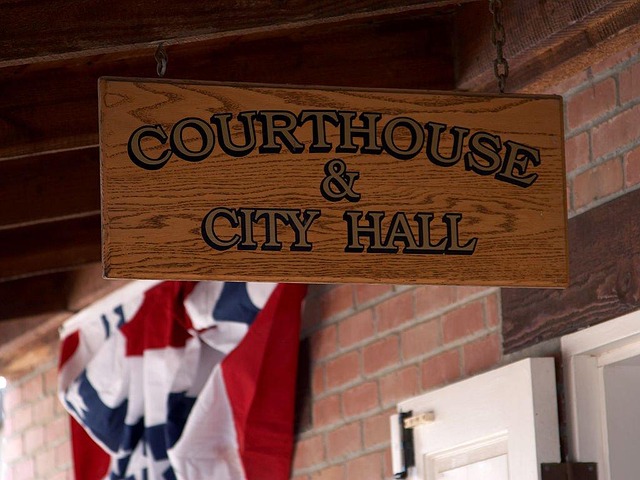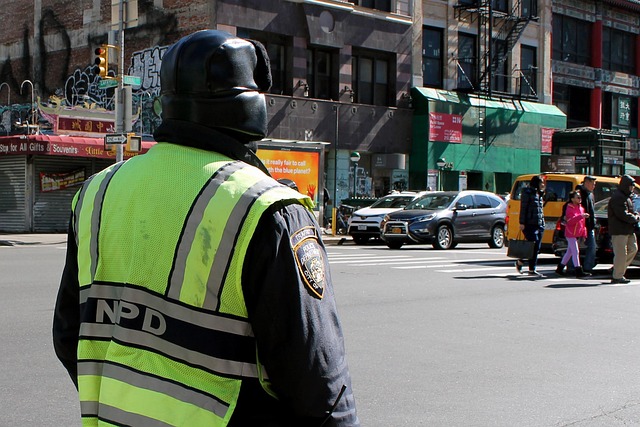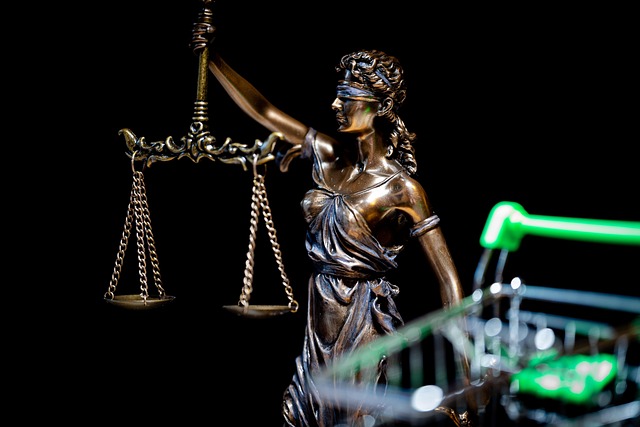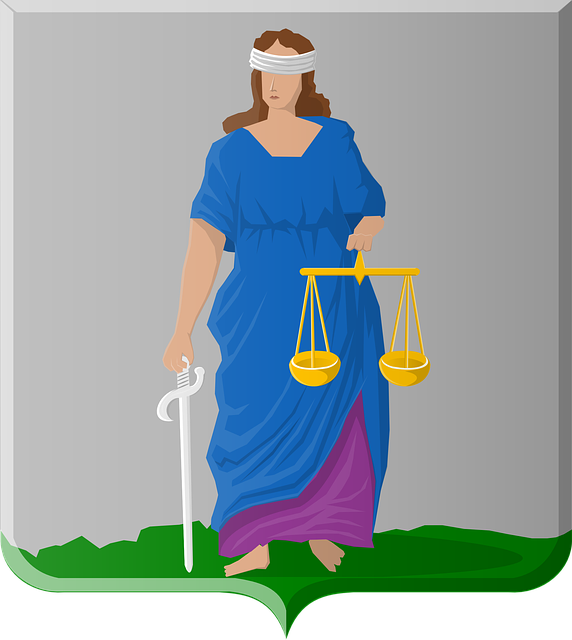Antitrust violations, like price-fixing and market division, hurt consumers through higher prices, less variety, and stifled innovation. Class action lawsuits, a powerful tool against these practices, consolidate consumer claims to fight unfair business conduct effectively. The settlement process involves filing a complaint, negotiations, strategic terms, judicial approval, and structured payments or practice changes. Notable cases like tech company settlements with the DoJ and retail giant's anti-competitive practices exposed through jury trials demonstrate the impact of successful class action lawsuits in promoting fair market competition and protecting consumer rights. Understanding the Class Action Lawsuit Settlement Process Explained is crucial for both legal strategies and consumer protection.
In the dynamic landscape of business, understanding antitrust violations is paramount. This article offers a comprehensive guide to navigating complex legal issues through the lens of class action lawsuits. We explore common scenarios and the significant impact of antitrust breaches on consumers. Delving into the settlement process, we unravel each step from filing to implementation, shedding light on effective strategies for redress. Case studies highlight notable settlements, demonstrating the power of collective action in addressing antitrust violations and fostering fair market practices. “Class Action Lawsuit Settlement Process Explained” provides invaluable insights for both legal professionals and affected consumers.
- Understanding Antitrust Violations: Common Scenarios and Impact
- The Role of Class Action Lawsuits in Addressing Antitrust Issues
- Unraveling the Settlement Process: Steps from Filing to Implementation
- Case Studies: Notable Antitrust Violation Class Action Settlements
Understanding Antitrust Violations: Common Scenarios and Impact

Antitrust violations occur when businesses engage in practices that restrict competition or distort market forces. Common scenarios include price-fixing, where companies collude to set artificially high prices, and market division, where competitors agree not to enter certain territories or segments. These actions can have significant impacts on consumers, leading to higher prices, reduced product variety, and limited innovation.
Understanding these violations is crucial as they often involve complex legal processes, such as class action lawsuits. The settlement process in these cases aims to achieve extraordinary results by compensating affected consumers and preventing future misconduct. An unprecedented track record of successful jury trials underscores the importance of vigilant enforcement to ensure fair market competition and protect consumer rights.
The Role of Class Action Lawsuits in Addressing Antitrust Issues

Class Action Lawsuits play a pivotal role in addressing antitrust issues due to their ability to aggregate numerous consumer claims into a single legal action. This collective approach amplifies the impact and resources dedicated to enforcing antitrust laws, which often protect consumers from unfair business practices. By consolidating cases, these lawsuits enable efficient allocation of legal expertise and financial resources, enhancing the chances of achieving substantial Class Action Lawsuit Settlement Process outcomes.
Through this process, plaintiffs can seek remedies such as damages, injunctions against future violations, and changes to the offending company’s conduct. Winning challenging defense verdicts in antitrust cases requires a robust strategy that accounts for complex legal and economic issues. Whether representing general criminal defense matters or handling corporate and individual clients, attorneys dedicated to these lawsuits must navigate intricate regulations and market dynamics to ensure justice is served and consumers are protected from anticompetitive behaviors.
Unraveling the Settlement Process: Steps from Filing to Implementation

The Class Action Lawsuit Settlement Process Explained is a complex journey that unfolds once a potential antitrust violation is identified. It begins with filing a complaint, alleging anti-competitive practices, which may lead to a settlement offer from the defendant. This offer is carefully evaluated by legal teams on both sides, considering the potential costs and benefits of litigation versus negotiation. In many cases, a white collar defense strategy involves negotiating terms that protect the interests of affected consumers or businesses while ensuring a fair resolution for all parties involved.
If an agreement is reached, the settlement must be structured, often involving the help of a judge to approve the terms. This step ensures the fairness and feasibility of the proposed resolution. Once approved, implementation begins, which may include direct payment to victims, changes in business practices to conform with antitrust laws, or a combination of both. In some scenarios, general criminal defense strategies might come into play if criminal charges are filed, leading to jury trials as a potential outcome. However, many cases resolve through settlement without the need for extensive court proceedings.
Case Studies: Notable Antitrust Violation Class Action Settlements
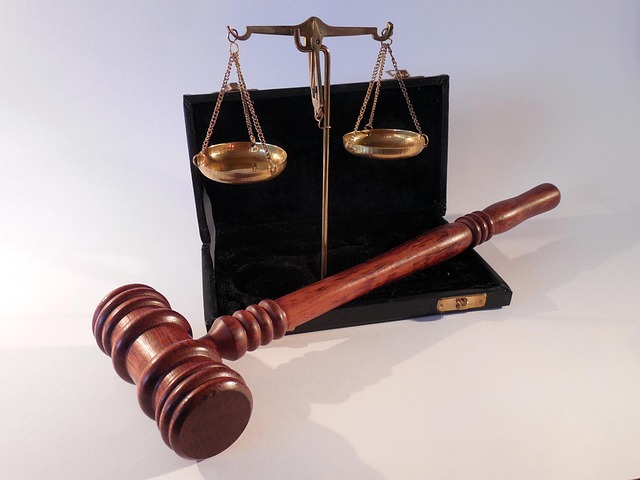
In the realm of antitrust law, notable cases often set precedents and shape future legal strategies. Case studies of successful class action settlements provide valuable insights into the class action lawsuit settlement process explained. These high-profile cases have led to significant monetary compensation for affected consumers and brought about substantial changes in corporate practices. One such example is the settlement between the U.S. Department of Justice and a major tech company, resulting in the complete dismissal of all charges after a thorough investigation into anti-competitive behaviors.
This resolution not only compensated individuals who suffered losses due to price-fixing schemes but also encouraged businesses to adopt more ethical strategies. Another remarkable case involves a retail giant, where a jury trial revealed illegal anticompetitive practices. The subsequent settlement included substantial fines and structural changes to the respective business operations, ensuring fair competition in the market. These class action settlements serve as powerful tools for holding corporations accountable and restoring trust among consumers.
The article has explored the intricate world of antitrust violation cases, highlighting their impact and the crucial role played by class action lawsuits in addressing them. Understanding the settlement process is essential for both legal professionals and consumers alike. By examining notable case studies, we’ve seen how significant class action settlements can be in rectifying market imbalances and providing justice to affected parties. This comprehensive guide, through the class action lawsuit settlement process explained, sheds light on the steps involved, from filing to implementation, ultimately fostering fair competition and consumer protection.
